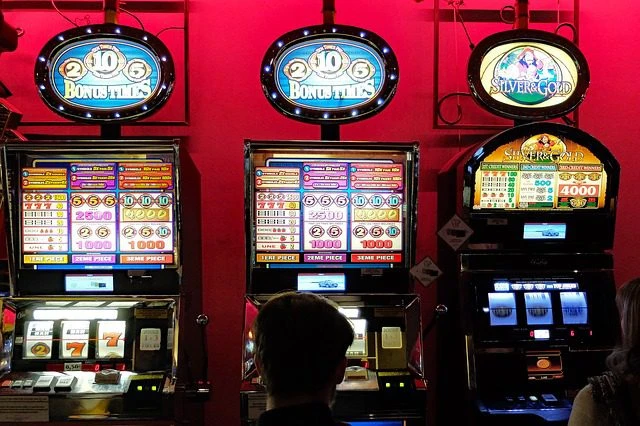UK regulator calls for more efforts to protect minors from gambling

The UK Gambling Commission has urged businesses and parents to step up efforts to protect children from the dangers of gambling after a new report identified an increase in the number of problem gamblers aged 11-16.
The 2018 Young People and Gambling Report, based on a survey of 2,865 11 to 16 year-olds in the UK conducted between February 5th and July 2nd this year, found that 39% of respondents had gambled using their own money in the past 12 months.
However, the survey noted, the most popular forms of gambling in the 11 to 16 demographic fell outside the Gambling Commission’s remit. It found that 6% of those surveyed made bets with friends; 4% bought National Lottery scratch cards; 3% played fruit machines in pubs, and 3% played cards.
Around 14% said they had gambled using their own money in the past week. If this rate was consistent across all 11 to 16 year-olds in the UK, it would suggest that 450,000 children in the age bracket were gambling. This represented a drop from previous years, with 23% of 11 to 15 year-olds spending money on gambling in 2015.
This compared to 13% that said they had drunk alcohol in the past week, 4% that claimed to have smoked cigarettes and 2% who said they had taken illegal drugs.
For online gambling, 5% of those surveyed claimed to have spent their own money gambling online in the past year, but this fell to just 1% that said they had done so in the past week. This also included gambling-style games, such as social casino titles, with 13% of respondents saying they had tried such products.
Loot boxes, where players pay for boxes in computer games to receive a randomly-assigned item, tended to be more popular. In total, 31% said they had opened loot boxes, while 3% said they had placed bets with in-game items – known as skins gambling.
While overall participation among 11 to 16 year-olds has fallen, the report noted that based on the standard used to assess an individual’s problem gambling characteristics, 1.7% could be classed as being problem gamblers.
Using this standards, the DSM-IV-MR-J problem gambling screen, the report claimed a further 2.2% of those surveyed were at risk of developing a problem.
Commenting on the report, Gambling Commission executive director Tim Miller said that the regulator was ramping up efforts to prevent minors from accessing regulated products. However, he added, parents, businesses and regulators needed to work together to improve young peoples’ knowledge of the dangers of gambling.
“Our latest research shows that the most common forms of gambling by children do not happen in gambling premises,” Miller explained. “Some of these are legal, such as bets between friends; some of these are unlawful, such as gambling on machines in pubs. But all of them present risks to young people as there is no form of gambling that is risk-free.
“Regulation alone cannot address all of the risks that young people may face from gambling. It is therefore vital that all those with a part to play in protecting children and young people – parents, businesses and regulators – work together.”
The report revealed that just 19% of those surveyed said their parents had set rules for gambling. Despite this, 59% said that gambling was dangerous, compared to 14% that said it was acceptable for someone their age to gamble.
Image: Max Pixel
